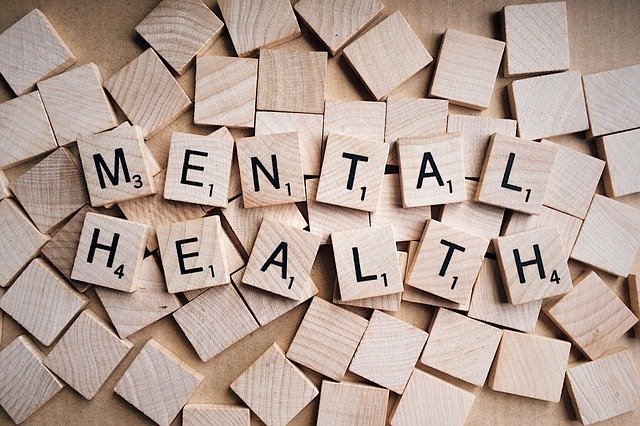The Most Common Mental Health Issues That Need Treatment

Different mental health issues are known to impact one’s behavior, thinking, perceptions, and mood. Oftentimes, these issues are known to run in families. Anyone with a mental illness or disorder could have a difficult time coping with relationships, work, and other daily life demands. Discovering that you have a mental illness can be disappointing, but most of these conditions can be managed through counseling and/or medication.
That said, let’s look closer into the different types of mental health issues that need treatment.
Depression
Depression is not only a common mental health issue, but also a common cause for disability, with an approximate of 264 million people affected by it. Sadness, disturbed sleep, guilt or low self-worth, poor concentration, loss of pleasure/interest, loss of appetite, and tiredness commonly indicate depression.
Depression can last for long periods of time or even recur which in turn affects an individual’s ability to cope with their normal daily-life routine. If it develops to extreme levels, depression is known to cause suicide.
Mild to moderate depression is treatable through different methods that might also include psychotherapy or cognitive behaviour therapy which are both talking therapies. However, for moderate to severe depression, antidepressants are the most effective. These are used with caution when treating adolescents and are avoided when treating children.
To reduce depression, prevention steps like protection and psychological support programmes following sexual or physical abuse in children and psychosocial assistance for conflicts and disasters in adults. In addition, pinpointing psychosocial aspects and reigniting social activities and networks go a long way in managing depression.
Bipolar disorder
Affecting approximately 45 million people in the world, bipolar disorder is characterized by depressive and manic episodes with normal mood periods in between the two. Over-activity, increased self-esteem, irritable mood, a lesser need for sleep, and rapid speech are all used to distinguish manic episodes. While bipolar disorder involves both manic and depressive moods, individuals who experience only manic attacks are also victims of the mental illness.
There are available treatments for the acute phase of bipolar disorder as well as preventive measures for relapses. Most of the medication used helps to stabilize the patients’ moods, but psychosocial support is also an important part of bipolar disorder treatment.
Dementia
An estimate of 50 million globally have been diagnosed with dementia. It is chronic and causes a decline in cognitive function, worse than as is expected with normal ageing. It is also known to have a negative impact on a person’s language, calculation, thinking, judgement, memory, comprehension, learning capacity, and orientation.
While an impared cognitive function is prevalent, a person might also additionally or subsequently suffer from a decline in motivation, emotional control, or social behavior. Usually, stroke or Alzheimer’s disease among other diseases and injuries in the brain are the main causes of dementia.
Takeaway
Every mental disorder comes with different presentations. From bipolar disorder to depression, dementia, and schizophrenia and other psychoses, etc, any of these will take a toll on you. And the weight of mental health issues continues to grow while largely affecting different aspects surrounding human rights, social and economic issues.
Would you like to receive similar articles by email?




